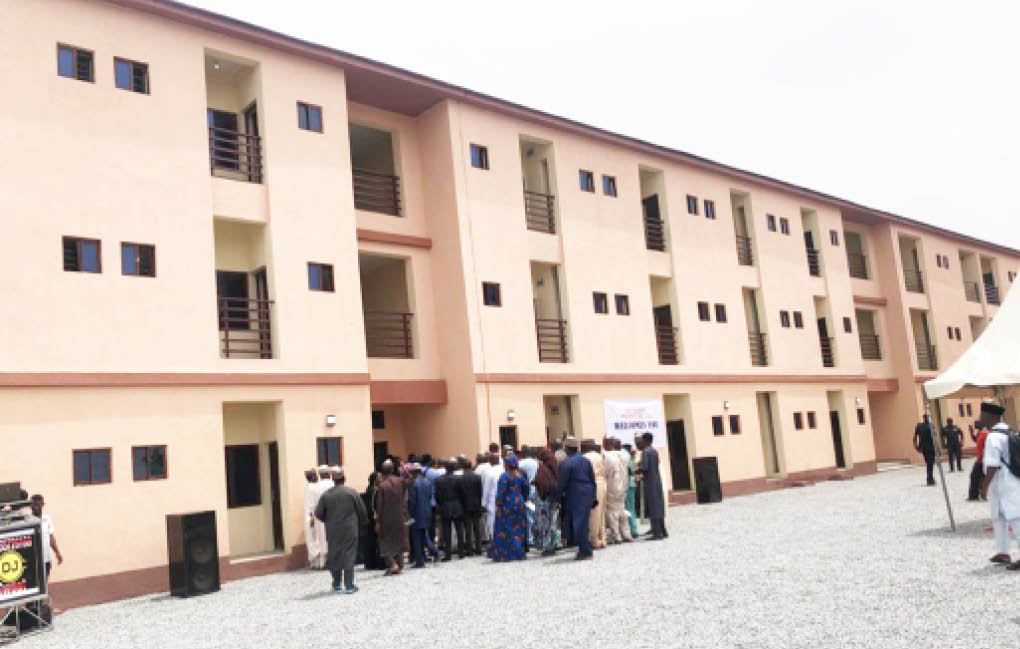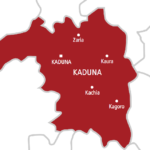As the current economic situation poses significant challenges to the housing needs of civil servants, it is essential to explore innovative and sustainable solutions to provide affordable housing options.
Accommodation is part of the worker’s life ambition before and after retirement, Which the government has recognised and is tirelessly working towards.
The current experience of collaboration with private developers to design, build, and manage affordable housing projects does not benefit average Nigerian workers and individuals. They are not affordable as a result of the exorbitant price tag on the houses.
In curbing the situation, there is a need to review and offer subsidised mortgage schemes to civil servants, with reduced interest rates and lower down payments. This can make home ownership more accessible and affordable.
- Kano enacts law to protect forest resources
- Stakeholders warn of crisis for 40,000 HIV patients as donors withdraw
It will also be necessary if land facilities are provided for National Housing Fund contributors with design compact and efficient home plans that minimise construction costs while maintaining a high standard of living. It will encourage incremental building, where houses are built in stages, allowing civil servants to start with a basic structure and expand as their needs and financial capacity grow.
Restructure the rent-to-own schemes, allowing civil servants to rent a property with the option to purchase it in the future while a deduction is made from the salary source.
Tax breaks or tax reductions on salary could be considered as taxes taking much of the worker’s salary, offering government grants, or other incentives to encourage private developers and individuals to invest in affordable housing projects with better supervision and control.
If the need arises, investments could be pooled from the government, private sector, and civil servants themselves to finance affordable housing projects. This can help share risks and reduce costs and acceptability.
The pertinent of all is to streamline regulatory approvals and minimise bureaucratic hurdles to reduce development costs and time.
Saidu Kupa wrote via [email protected]

 Join Daily Trust WhatsApp Community For Quick Access To News and Happenings Around You.
Join Daily Trust WhatsApp Community For Quick Access To News and Happenings Around You.


